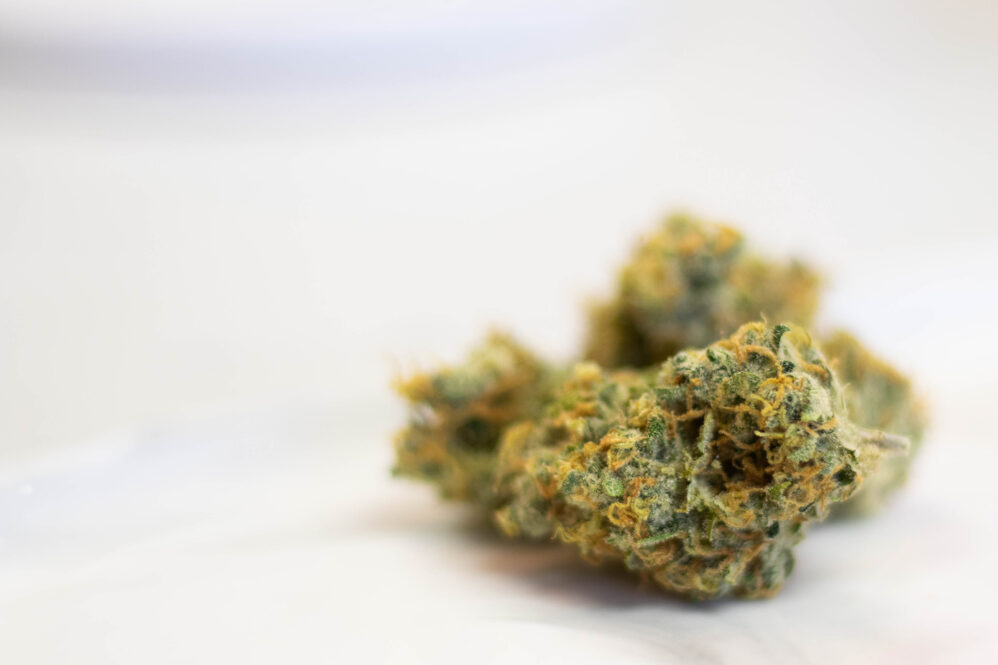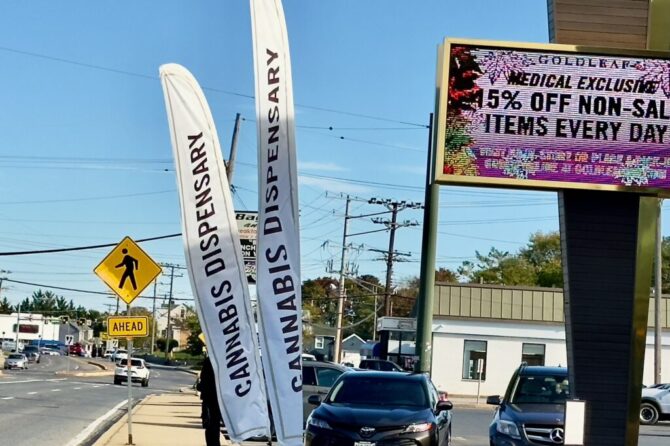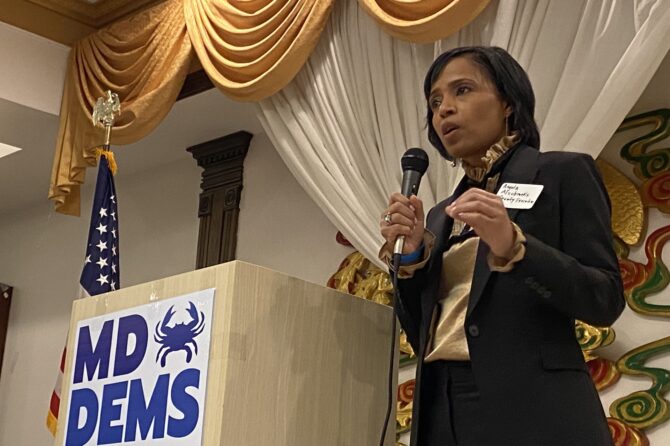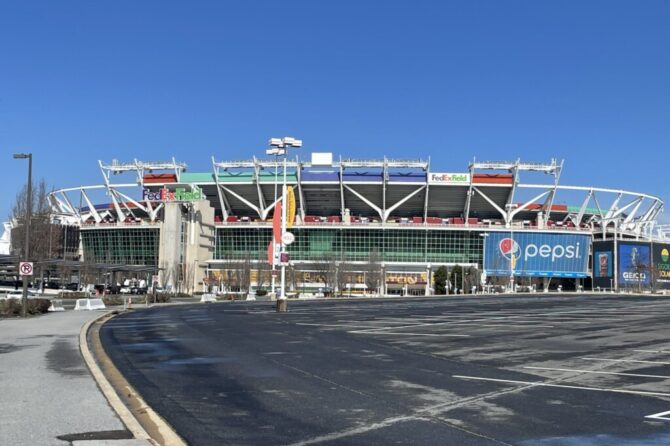WASHINGTON BUSINESS JOURNAL: Maryland has already caught several incidents of false applications.
Maryland could see as many as 4,000 applications for just 179 cannabis business licenses before the application deadline in mid-December, an official with the Maryland Cannabis Administration said this week.
The state opened applications Monday for its first round of recreational cannabis business licenses, which is focused on social equity applicants. Anyone looking to apply for a license had to first get pre-approved through a social equity verification portalthat closed Nov. 7 and was designed to determine who fit the basic requirements for a license. The state recorded 1,245 verified applicants as of Nov. 16, said Andrew C. Garrison, chief of the Office of Policy and Government Affairs at the Maryland Cannabis Administration. The state has 900 applications to process before knowing the final count of possible applicants, he added.
The next task before the state is to try and preserve the integrity of the high-stakes application process by cracking down on endemic fraud in the industry, while still making the process simple enough to provide an opportunity for underrepresented people to enter the lucrative industry.
Under state rules, one person can only be associated with one application for each of the six license types and no more than two applications within a given round. This means that even if every person applies for the maximum number of licenses, the state shouldn’t see much more than 4,000 applications, depending on how many of the remaining 900 people qualify as social equity, Garrison said.
Each applicant has to show the state that they are ready for the responsibility of joining the new industry before becoming eligible for the lottery, which will ultimately decide who gets a license. Prospective business owners must outline the startup cost of the business, detail a plan to raise the necessary capital and give a basic overview of the applicant’s skills. The state is also asking applicants to have a plan to recruit people of diverse backgrounds as owners, contractors or workers, and to demonstrate an understanding of cannabis regulations around safety. The application requires a $5,000 fee for a standard grower, processor or dispensary license, and a fee of $1,000 for a micro grower, processor or dispensary license.
Justin Tepe, a cannabis law attorney with Baker Donelson in Baltimore, praised the application for being simple compared to what applicants in prior years had to submit to the state. Someone without a great deal of business or writing expertise could feasibly put the application together, making it possible for the state to reach the underrepresented people they want to see become business owners, he said. The state Office of Social Equity is organizing application writing clinics to walk prospective business owners through what the government wants as well, Garrison said.
“In prior rounds when it was a merit-based application, I would spend weeks with my clients in their office writing applications all day every day. People don’t need that now,” Tepe said. “The MCA has done a really good job writing an application that doesn’t require someone to go out and hire an application writer for $250,000.”
A lottery may also limit the litigation against the state after licenses are given out. Lawsuits over the application process in Alabama have stalled the rollout of a medical cannabis market for months as people argue over application rules. A lottery process could help Maryland avoid a similar fate since there will be less room for bias.
Maryland is also trying to crack down on fraud in the cannabis industry to preserve the integrity of the lottery. Other states such as Connecticut and Maine have seen a single person apply for hundreds of licenses to take advantage of the system. Two cannabis companies have tried to use a similar tactic in Maryland, flooding possible social equity applicants with mail promising the opportunity to own a recreational cannabis license without spending money.
The social equity verification process helped crack down on fraud by providing the government a chance to confirm an applicant is genuine, Garrison said. The state has already found several false applications where someone’s information was used to apply for a cannabis license without their consent while checking information for the social equity verification process.
“[Investigators] have been calling people and the person on the other end says, ‘I have no idea what you’re talking about, I did not do anything,’” Garrison said, “but I did contact this person from this postcard.”










